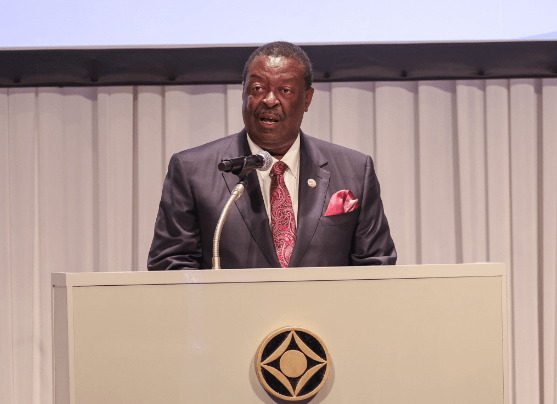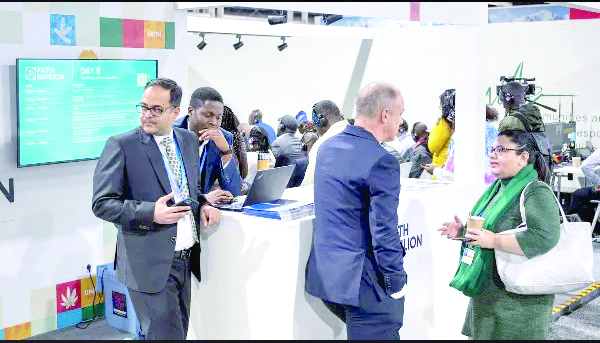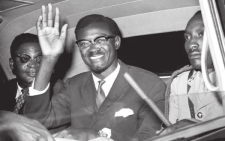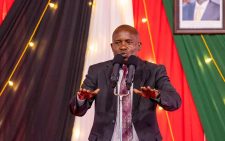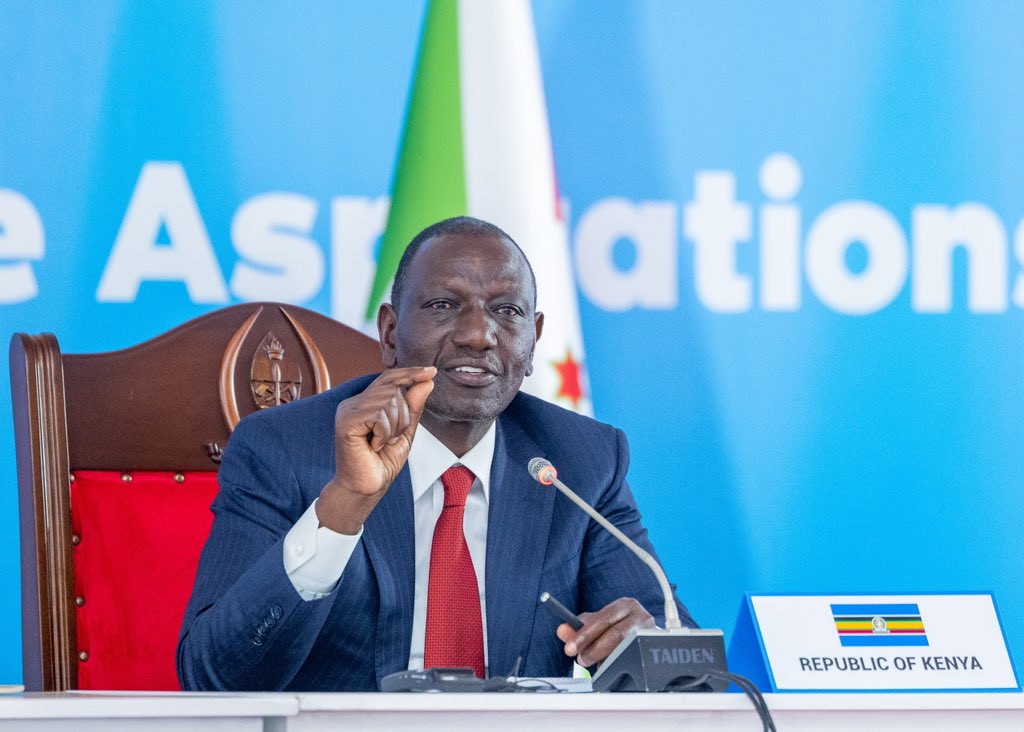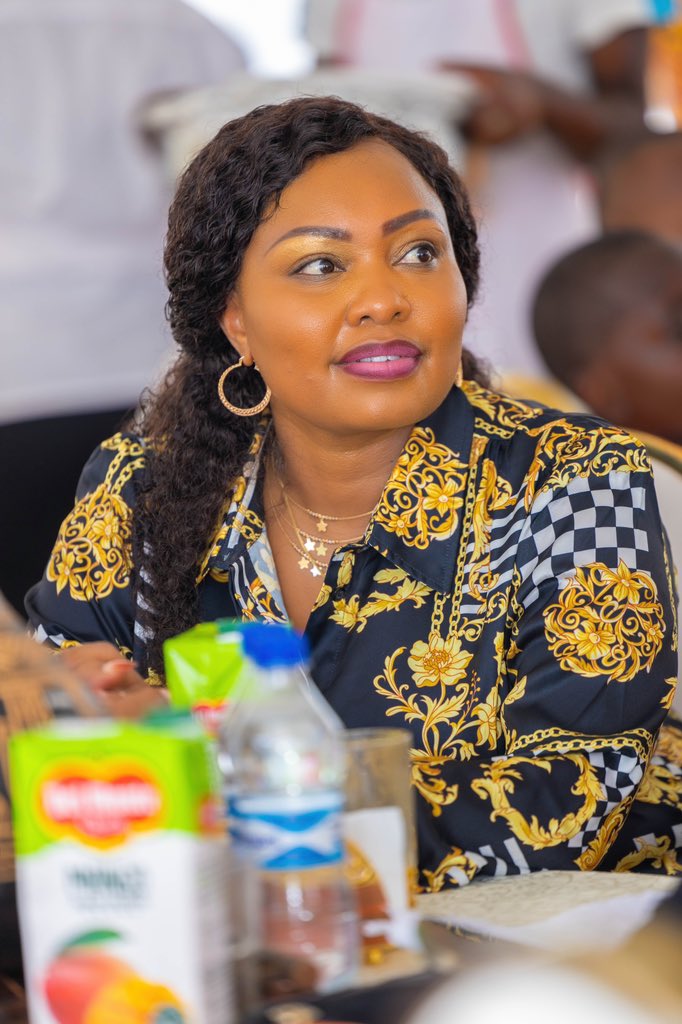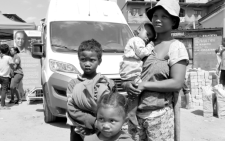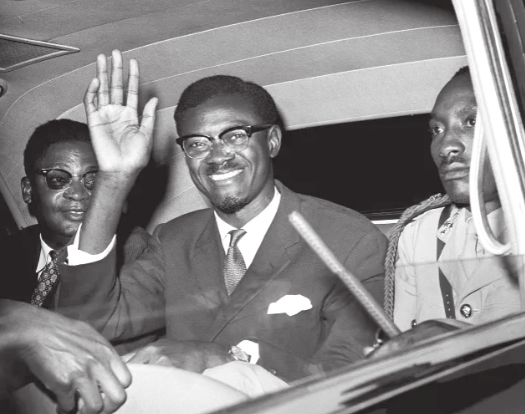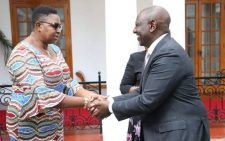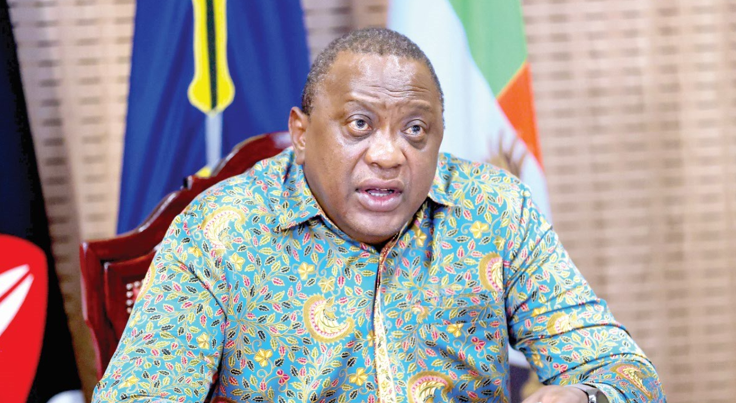Host’s ‘gift of the god’ remark irks leaders
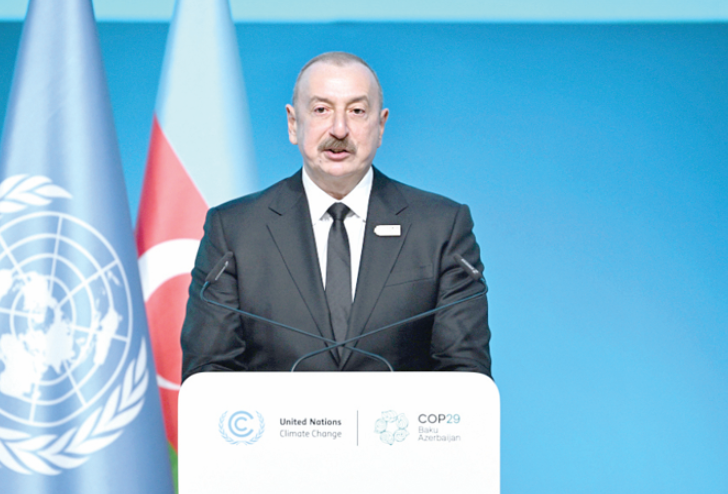
Azerbaijan President Ilham Aliyev stoked controversy at the United Nations Climate Conference his country is hosting when he made the opening statement at the high-level summit attended by 80 world leaders.
Jumping straight into a hot topic at the climate talks, Aliyev repeated his earlier remarks that have drawn strong criticism, saying “Fossil fuels were a gift of the god”.
Lashing out at his critics and owning up to the unpopularity of the fossil fuel topic at the climate talks, Aliyev nevertheless went ahead to say fossil fuels (oil and gas) were vital elements of Azerbaijan’s energy security.
“We must be realistic. Countries cannot be blamed for bringing their natural resources to international markets,” he declared, lashing out at his critics for attacking him over the gift of the god remarks.
Singling out the US, he urged “fake news media” to look at their own countries and denied that his country is a “petro-state” as it has been labelled in press coverage. According to the leader, they account for less than one per cent of global oil and gas production.
The US pumps out far more oil and gas than Azerbaijan, although it is a much bigger economy. Azerbaijan gets two-thirds of its revenue from oil and gas, the ninth-highest figure in the world.
Continuing to double down on fossil fuels, Aliyev failed to announce an expected new national climate plan, known as Nationally Determined Contributions (NDCs) for his country.
He instead promoted Azerbaijan’s solar projects and green energy zones, some of which have been visited by UK-based Climate Home, one of the world’s leading sources of climate news.
Emergent voices
At the conclusion of his fiery and controversial speech, the climate talks host country’s leader then shook hands with the UN Secretary-General who, in a speech right afterwards, noted that “doubling down on fossil fuels is absurd.”
On a busy opening day with strong statements, developing countries demonstrated profound solidarity when they united on the New Collective Quantified Goal (NCQG) for climate finance.
After months of preliminary negotiations, in mid-October, the co-chairs of talks on a new post-2025 NCQG produced a nine-page document that would serve as a good starting point for CoP29.
However, according to sources in Baku, the umbrella group for developing countries (the G77 and China) told them to rip this up and start again, saying they could not accept the text as a basis for negotiations.
Some developing countries and different country groupings, it continued, had submitted similar but varying asks before CoP29 started, but they are now speaking with a united voice and want their joint demands to be more prominent.
On the quantum – or size – of the NCQG, the G77 is proposing 1.3 trillion US dollars a year with sub-goals for mitigation (emissions-cutting measures), adaptation and loss and damage.
Developed countries, for their part, are indicating they are not willing to commit to providing more than 100 billion US dollars a year unless the contributor base is expanded, and they want to include a wider investment goal.
Marshall Islands President Hilda Heine said in her ladies’ speech that climate finance is “not market rate loans’ and ‘it is definitely not finance that funds fossil fuel production”.
Fulfilling commitments
The co-chairs invited submissions from negotiators and were expected to produce a new text yesterday as developing countries grapple with increasing floods, droughts and other climate-related impacts that have put their limited financial resources under considerable strain.
This situation often leaves many governments with little choice but to borrow money to address the devastating effects of climate change. Developing countries have historically produced very few of the carbon emissions that cause climate change but they are often among the most impacted and least economically able to adapt.
So, in 2023, UN delegates to CoP28 in Dubai agreed to establish a loss-and-damage fund to help the most vulnerable countries deal with the effects of climate change. For many heads of state in Baku, now is the time for wealthy nations to fulfil their commitments to assist developing nations in adapting to climate change impacts.
“We are particularly concerned about climate finance,” stated President Sassou Nguesso of the Republic of Congo on Tuesday night. Nguesso, whose country contains a significant portion of the world’s second-largest forest in the Congo Basin, stressed the urgent need for wealthy nations to provide climate adaptation funding and address loss and damage without forcing developing countries to take on more debt.
It took almost 13 years for developed countries to fulfil a pledge to raise 100 billion US dollars to support developing countries as they adapt to climate change. “Although the $100 billion target was agreed upon in 2009, it was not reached until 2022,” Nguesso explained, adding that the NCQG must be based on scientific data and the needs of developing countries.
No debt
World leaders at CoP29 are currently exploring new avenues to secure funding to assist developing countries and are expected to agree to the new NCQG target.
Ghana’s President Nana Akufo-Ado and the Vice President of Côte d’Ivoire Tiemoko Meyliet Kon highlighted the need for climate financing that does not lead to additional debt. Ghana has been significantly affected by climate change, notably on its coastline.
East Africa experienced historic floods in 2024, causing severe damage in Djibouti, Eritrea and Ethiopia, whose President Taye Atske Selassie urged developing nations to increase their ambition and expedite the disbursement of existing funds.
“We are very concerned about the delay in disbursing these funds,” Taye said.
For many, climate finance represents a matter of justice, as it requires those historically responsible for pollution to cover the costs.
“Climate finance is a justice issue, and we must ensure that the loss-and-damage fund does not become a shell of itself,” said Tanzania Vice-President Philip Isdor Mpango.
